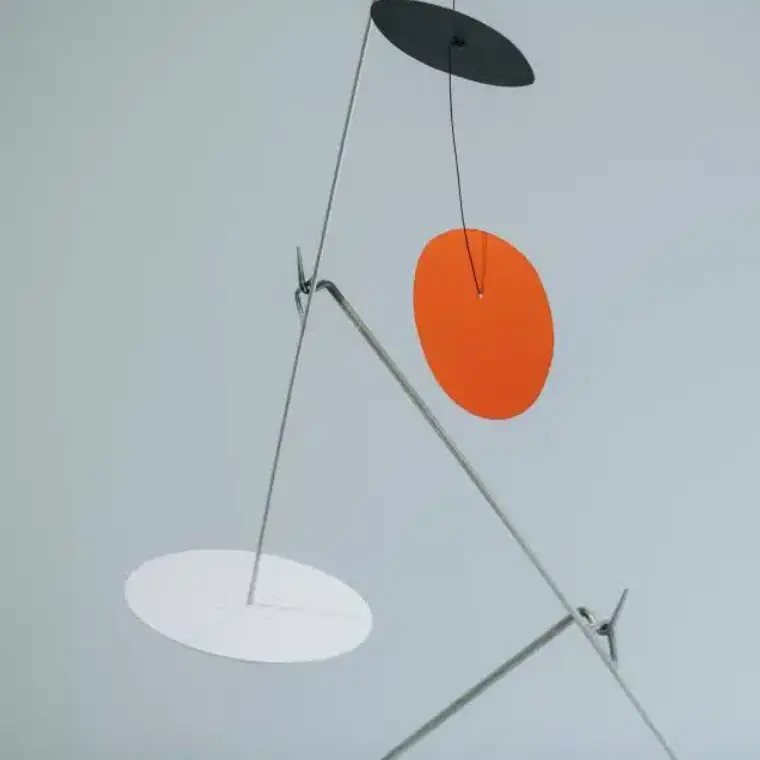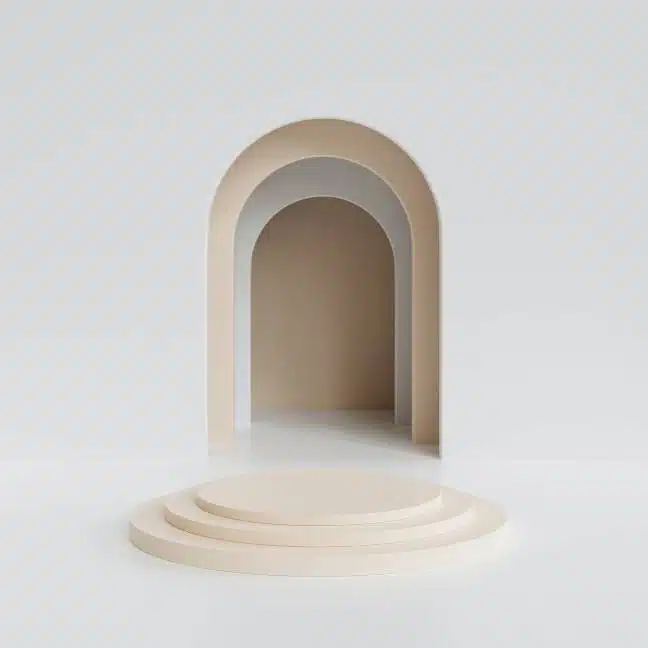
Are you worried that your child may have ADHD? You’ve come to the right place.
We are leading London specialists for ADHD in children. We can explore your child’s symptoms, offer a private ADHD assessment and develop a bespoke ADHD treatment plan.
Dr Jenna Vyas-Lee is a private child psychologist who has helped many children with ADHD to successfully manage their symptoms. Read on to learn more about the condition and our ADHD services in London.
ADHD in children
Child ADHD is a complex neurodevelopmental disability that often continues into adulthood. It stands for attention deficit hyperactivity disorder. A child with ADHD may have difficulty sustaining attention, be hyperactive (constantly moving) and behave impulsively (without thinking things through).
Left untreated, these symptoms can affect a child’s success at school, create behavioural difficulties and cause problems at home. ADHD affects millions of children worldwide and typically appears in early childhood. If your child has ADHD, you may start to notice symptoms before they reach the age of 6 of 7.
Symptoms of ADHD in children
The symptoms of ADHD can be grouped into two main types:
Inattentiveness
Hyperactivity and impulsiveness
Some children experience both groups of symptoms. Others just experience inattentiveness but not hyperactivity or impulsiveness. When children just experience inattentiveness symptoms this is called ADD (attention deficit disorder).
Symptoms of inattentiveness include:
Short attention span
Forgetting or losing things
Getting distracted easily
Not finishing more involved tasks
Constantly switching tasks
Having trouble listening or following instructions
Difficulty with organisation
Making careless mistakes
Symptoms of hyperactivity and impulsiveness include:
Interrupting people
Talking excessively
Trouble waiting their turn
Trouble sitting still
Constantly fidgeting
Acting without considering consequences
Running or climbing aimlessly
Not being aware of danger
ADHD in children may present differently in girls than boys. Girls with ADHD may be less likely to have trouble staying still. Instead, they may stop listening, zone out and daydream.
ADHD in children diagnosis
For your child to receive an ADHD diagnosis, they need to be formally assessed by a child ADHD specialist. This could be a clinical psychologist, a psychiatrist or a paediatrician.
A GP can’t formally diagnose ADHD in children, but they can refer you to a specialist who can. There isn’t one simple test for ADHD. A health professional can only reach a diagnosis after a detailed assessment.
If you come to Kove for a private ADHD assessment, our assessment may include:
Spending time with your child to observe their symptoms
Discussing your child’s development history with you as a parent
Analysing reports form you as a parent and your child’s teachers
Looking at outcomes from standardised questionnaires
For a health professional to start diagnosing ADHD in children must have symptoms that:
Have been showing continuously for at least 6 months
Make functioning in the world harder on a social, emotional, and academic level
Started before the age of 12
Are not better accounted for by another diagnosis
Occur in at least two different settings (for example, home and school)
ADHD in children treatment
Kove offers treatment of ADHD at our London practice. Our ADHD treatment can help your child to manage their symptoms. This can lessen the impact symptoms have on home and school life. Both therapy and medication can help children manage ADHD. Often a combination of the two works best.
Medication
Medications available to treat ADHD include:
Methylphenidate
Lisdexamfetamine
Dexamfetamine
Atomoxetine
Guanfacine
As a private child psychology service, Kove doesn’t prescribe medication. If you want to explore medication options, we can refer your child to a prescribing psychiatrist. You can find out more about how ADHD medications work on the NHS website.
Therapy
Kove offers psychoeducation and adapted cognitive behavioural therapy. These two models of therapy help your child manage their ADHD symptoms. Psychoeducation is when a therapist helps you as a parent to discuss ADHD and its effects with your child. This can help you and your child make sense of the diagnosis and find ways to cope.
Adapted cognitive behavioural therapy (CBT) is a tailored version of CBT to suit your child’s specific ADHD symptoms. Adapted CBT can support parents, children and teachers to navigate the condition. Often a reward system is used to help your child self-manage ADHD. Your therapist will work with you to identify which behaviours you want to encourage.
ADHD FAQs
ADHD IN CHILDREN
Book a private ADHD assessment
If your child is showing symptoms of ADHD, we can help. The first step towards managing the condition and improving behaviour is proper diagnosis. Kove offers comprehensive private ADHD assessments.
We will take the time to fully understand your child’s symptoms so we can diagnose or rule out ADHD in children. Contact us today to discuss your child’s needs and arrange an assessment. We can visit your home or carry out the assessment at one of our London clinics near you.
Other Child Conditions

OCD
Is your child showing signs of excessive worry and distress caused by their thoughts and fears? It may be a sign of clinical depression, and it’s important to seek professional help. Our team can provide a comprehensive evaluation and effective treatment to support your child’s mental health. Don’t let depression take hold of your child’s life. Contact us today to schedule a consultation and start the journey towards a happier and healthier future for your child.

Depression
If you suspect that your child is struggling with depression, we’re here to help. Our team of experienced therapists specialises in various therapy models that have been proven effective in managing the symptoms of depression. Don’t let depression continue to impact your child’s life. Take action now and contact us to schedule a consultation. Let us provide the support and guidance your child needs to overcome this challenging mental health issue and move towards a brighter future.

